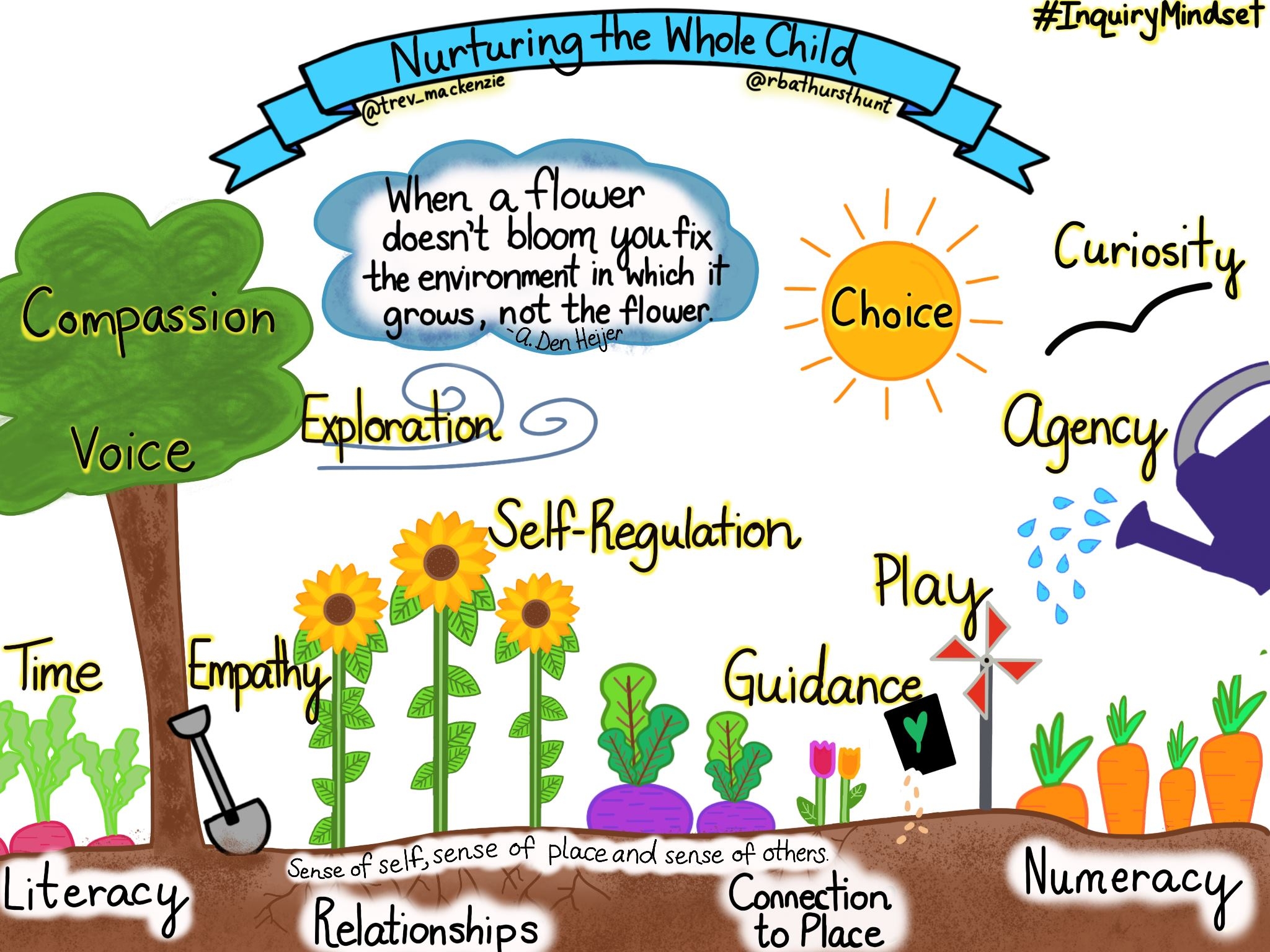
Bringing student-centered inquiry into the classroom is an important part of the implementation of standards for science, social studies, and environmental literacy and sustainability. Before we can Get Started with Inquiry, we need to first know our learners.
In October 2019, we were fortunate to have a conversation with Trevor MacKenzie, co-author of Inquiry Mindset (with Rebecca Bathurst-Hunt), who discussed the importance of knowing your learners.
Take a look at this six-minute clip of our conversation focused on building relationships within the inquiry classroom:

Developing Relationships in the Non-formal Setting
As a classroom teacher, Trevor focuses on that long-term relationship building. How do you build relationships in non-formal educational programming when you have students for perhaps an hour or a day?
The BEETLES Project (The Lawrence Hall of Science) provides a guide for engaging students in non-formal outdoor programming and the strategies are rooted in relationship building. They state, “Focusing on making students feel seen and building real relationships with them as an instructor can help facilitate connectedness, which is shown to benefit both student behavior, and instructor’s views of students” (p. 11).
Honoring student diversity and being inclusive is essential to developing relationships. The BEETLES project demonstrates strategies to support diversity, equity, and inclusion in this video:
What are your strategies and tips for building relationships in your educational setting? Share your expertise in our educator community.
Victoria Rydberg, Guest Writer
Wisconsin Department of Public Instruction
Environmental Education and Service-Learning
Advertising Disclosure: Please note that we may use affiliate links to retailers which yield a commission for us at no extra cost to you. We only recommend products we've used that support our mission. As an Amazon Associate FIELD Edventures earns from qualifying purchases. Your purchases support taking learning outdoors.
